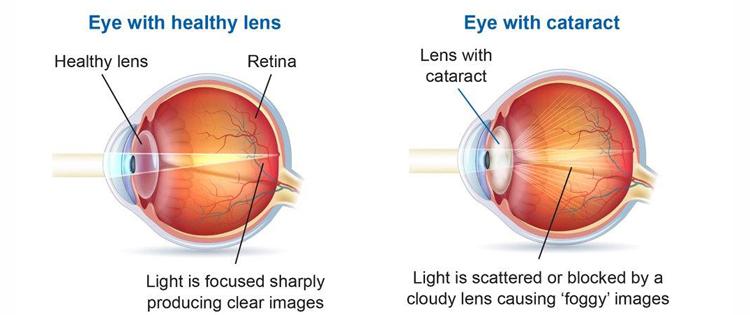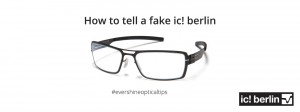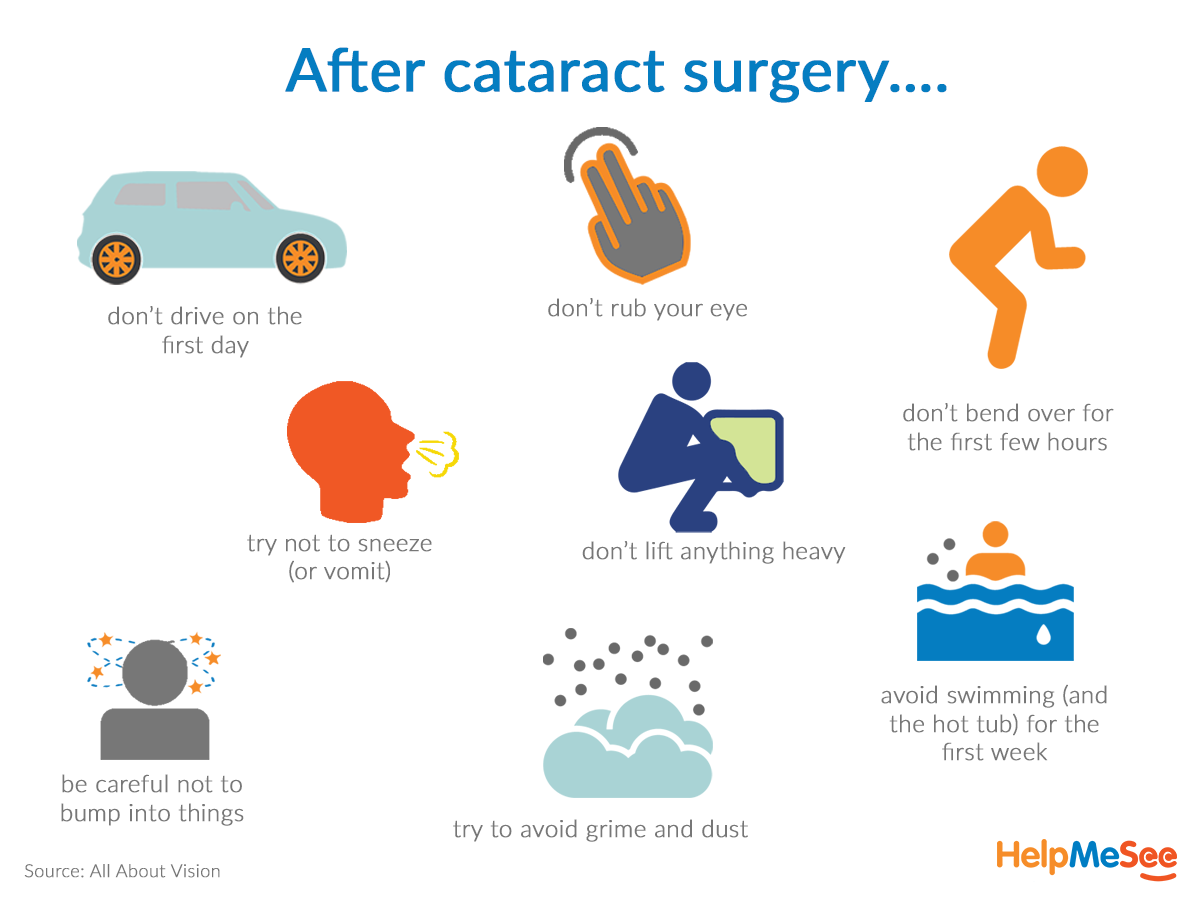
What is Cataract? Can I prevent cataract?
There is a natural clear lens in our eyes which refract light to help us see. Cataract is an area of cloudiness on the lens when normal proteins in the lens start to break down and clump together. However, no studies have proved how to prevent cataract
How do I know if I have cataract? Signs and symptoms
If you have cataract, you may experience:

- Blurry vision
- Double vision
- More sensitive to light
- Not able to see well at night
- Seeing bright colour as faded or yellow
The most obvious symptom that you will experience if you have cataract is blur vision. People who are short sighted or who have normal distant vision before will find that they can’t see the distance clearly gradually. This is due to the cataract causing you to be more short sighted due to the phenomenon called index myopia.

For people who are long sighted (hyperopia), you may find that you can see the distance clearer without your glasses. Some people who used to wear reading glasses will also find that they don’t have to wear them anymore to read . These are obvious signs that you have a developing cataract which can be easily determined by our optometrist at Evershine Optical .
Adults aged 18 to 60 should undergo a thorough eye examination once every 2 year while elderly aged 60 and above should undergo a thorough eye examination annually.
What causes cataract?
The most common cause is aging. Cataract typically starts to appear at the age of 40s but do not affect the vision until the cataract is severe enough. There are other causes such as:
- Smoking
- Eye injury, surgery
- Spend most of the time outdoor in the sun without UV protection
- Have certain medical condition such as diabetics
- Using certain medication such as corticosteroids
Is there a way to prevent cataract from developing?
There are no clinically proven methods to prevent cataract. However, there are ways to slow down the development of cataract:
- Wear sunglasses or glasses with UV protection
- Use an umbrella or hat
- Do not smoke
- Increase intake of antioxidant vitamin by consuming more leafy vegetables and nutritional supplements.
- Research have also shown that Vitamin C, Vitamin E and zinc reduce the risk of some eye conditions such as cataract.
Do you need cataract surgery ?
Most cataracts usually develop slowly. Depending on how badly it affects your vision, you may not need to have the cataract surgically removed. Many elderly people usually leave the cataract alone if they are still functional, ie. it hasn’t affected their daily lives. This is because cataract surgery is invasive and they are afraid that something may go wrong during the surgery. Even though cataract surgery is a safe and routine procedure for ophthalmologist, there are still certain risk associated with it.
If the cataract is not serious (initially), glasses are usually prescribed to improve your vision. However , when glasses cannot be used to improve your vision anymore, it’s time to consider having cataract surgery.
Referrals to eye specialist
At Evershine Optical, our optometrists can advise you accordingly. If you have private insurance, we usually advise you to see a private eye specialist. We usually refer to our trusted and renowned eye specialist like doctor Julien Theng from Eagle Eye Center and doctor Au Eong Kah Guan from International Eye Cataract Retina center . Once you have gone through a consultation with them, depending on their schedule, you can have your cataract removed within a week or two.
Polyclinic referral
If cost is a concern, you may have to go to the Polyclinic and get a referral letter to see an eye specialist as a subsidised patient. Depending on how severe the cataract is and how you tell the eye specialist that it has affected your vision and daily life, you may or may not get the surgery done. This is because at subsidised clinic, cataract surgery is considered “non-urgernt” . You may have to wait a long time before they schedule you for surgery.
When cataract is affecting your daily activities or making it difficult for you to do things you want or need to do, cataract surgery is recommended. Example, due to cataract, you are not able to read signs while driving, experiencing disabling glare during night driving, not able to read prints even after getting a new pair of spectacles, it is time to consider cataract surgery.
Activities to avoid after cataract surgery

Do you need to wear glasses after cataract surgery ?
This depends on how the eye surgeon carry out the cataract surgery and how accurate the measurements are done before the surgery. The experience of the surgeon also play an important role.
In most circumstances, the eye surgeon will aim for zero degree after surgery. However due to calculation errors and complications, sometimes you may end up being long sighted, shorted sighted or having astigmatism or a mixture of either of them. in this case, you may need glasses again if you want to see clearly .
Ideally, you will not need glasses after cataract surgery. However, if the vision is not perfect and glasses is needed, you can make glasses 2 to 4 weeks later after the vision stabilizes from the cataract surgery.
Discuss with your eye surgeon before cataract surgery
The eye surgeon carrying out the surgery should ideally discuss with you what are the possible outcome of your vision or what kind of vision you aim to achieve after the surgery.
- Clear distance vision in both eyes ( you most likely need to wear glasses for reading )
- Clear distance and near vision without having to wear glasses. This can be achieved by monovision or using multifocal IOL .
| IOL Types | Clear Distance Vision | Clear Reading Vision | Corrects Astigmatism |
| Monofocal | ✔️ | ✖️ | ✖️ |
| Toric | ✔️ | ✖️ | ✔️ |
| Multifocal | ✔️ | ✔️ | ✖️ |
Conventional monofocal IOL provides only one focusing distance. People who choose monofocal IOL and set it for distance, will need reading glasses for near work or computer glasses for intermediate work. Alternatively, people who choose monofocal IOL and set it for near, will need glasses to see distance objects. Multifocal IOL provides clear vision for distance, intermediate and near. If you want to reduce your dependence on glasses and halos and glare are acceptable, multifocal IOL will work well.
Discuss more with your doctor about which IOL is right for you and its outcome after the cataract surgery or make an appointment with us to find out more.
References
- Boyd K. (2020). What are Cataract? American Academy of Ophthalmology
- Boyd K. (2019). IOL Implants: Lens Replacement After Cataracts. American Academy of Ophthalmology
